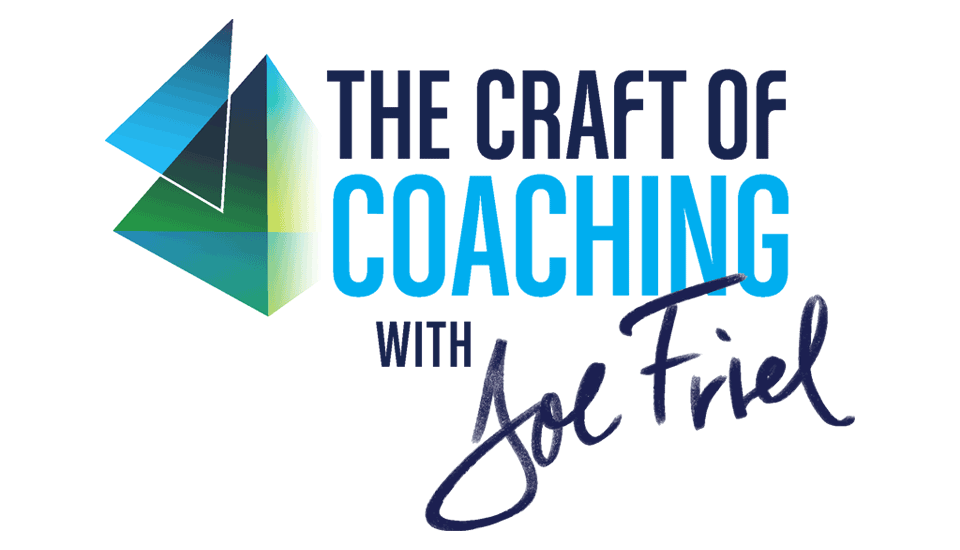Coaching the Athlete in Front of You
Lauren Vallee talks about how important it is to take into account an athlete’s background to truly do your best work as a coach.
Lauren Vallee talks about how important it is to take into account an athlete’s background to truly do your best work as a coach.
Video Transcript
Lauren Vallee 0:02
I think it’s really important to understand the psychosocial and cultural influence that culture has on anyone. And so when we’re coaching an athlete, one of the things you want to think about is how does culture influence that athlete’s daily life, their life in sport, and how they compete?
0:23
And so, you know, my background as a psychotherapist really helps me as a coach take a little bit of extra time to kind of understand, like, who is this person other than, like, the major groups that they might belong to? Like, what is their gender? What is their age? What is their socioeconomic background? You know, it comes down to what was their family like? How is sport in their family? What is sport like in their community? You know, we live in Boulder, Colorado, and sport in our community might be different than sport in central Ohio, where I have a large group of athletes.
0:57
So understanding on this broad spectrum how culture influences an athlete, and then on a really micro level, like, what’s happening in somebody’s family life, I think that really impacts how I coach the athlete in front of me. Because they’re not just a robot, they’re not just a human physiological system. And I think that’s a nuance between someone who writes training programs and somebody who coaches. And coaching is a relationship. You know, I understand the person in front of me. I am using what I know of this person to either amplify strengths or start to really work on the things that might be areas that need to be strengthened.
1:44
So if, you know, there’s an athlete who came from a family that didn’t value sports, let’s say, and they valued academics and work, and in this person’s adult life, they realized, “Wow, I really like running. I’ve gotten into running, I’m gonna do a marathon,” and maybe no one in their family understands why, you know, this person is pursuing this goal. As a coach, I have to be able to provide the support for that athlete, understanding that they may not be getting the same support at home, and I could go the extra mile by trying to create a relationship with the people around that athlete. Do I reach out and develop a relationship with their partner? Do I somehow incorporate that person’s needs into their training program? Meaning, “Here’s your day off, schedule a date with your significant other or take your kids to the park or whatever.”
2:39
So I think it’s about being creative. It’s being sensitive to the athlete in front of you, and it’s understanding that coaching is really at heart, boiled down to the most simple thing, it is an authentic relationship with somebody else.
